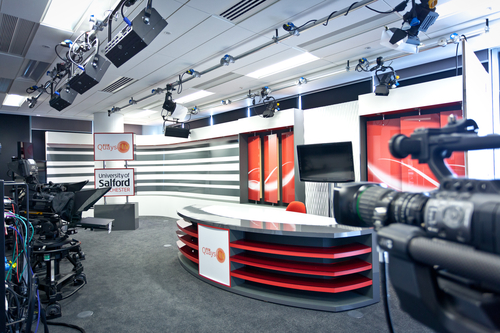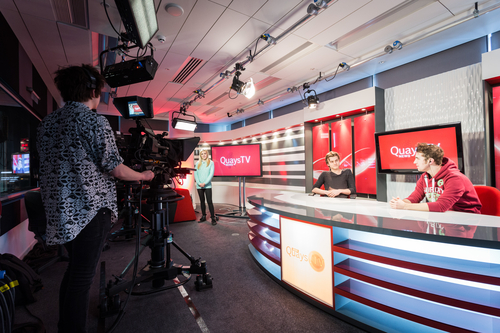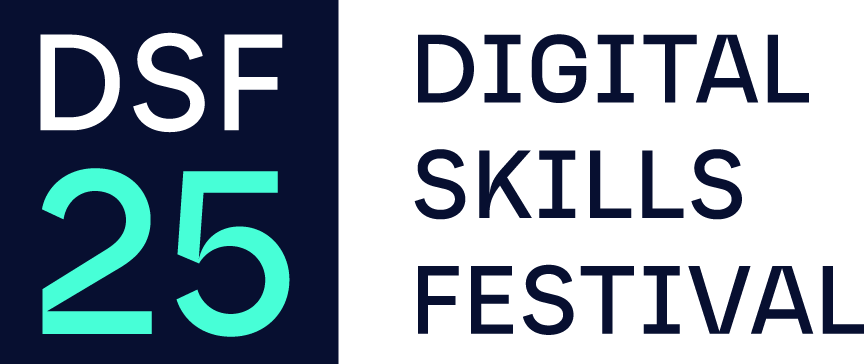By University of Salford

Robin Brown, Lecturer in Journalism in the School of Arts, Media and Creative Technology; University of Salford
Across the world journalists are looking at AI and running their very own risk-reward analysis. Is iterative AI – a rolling update of software that improves itself with every new version – an opportunity or a threat? Or both? AI could prove a useful tool in newsrooms, reducing the need for time-consuming legwork: combing data, transcribing interviews. But it poses a significant threat to jobs and many in the industry think journalists are facing an existential crisis.
The industry has been through one cataclysm already thanks to digitisation – and it’s hard not to look at last week’s swingeing job cuts announced by Daily Mirror and Manchester Evening News publisher Reach without pondering whether Artificial Intelligence has a role to play in the company’s third round of redundancies this year. Look at any recruitment website and there are adverts for AI-assisted journalism roles – and plenty more for candidates to train AI software in writing.

By its very nature AI learns from existing material and produces something that, in theory, looks similar. But the AI-generated journalism I’ve seen so far has been bland, generic – word soup that doesn’t really mean anything. Publishers including CNET and MSN have committed embarrassing mistakes by employing AI without sufficient oversight. Clearly the current generation is not up to scratch; what comes next will be significantly better – and quickly.
The threat to people working in journalism is, as I see it, to those who edit or repackage existing content. AI will get significantly better at taking existing raw material and parcelling it up into viable, if not flashy or creative, content. How long until it will be able to write better headlines, improve SEO and readability, edit the TV or audio packages, lay out a page or parcel up assets into a social media video? A short few years is my guess, and I suspect news publishers such as Reach are thinking the same thing.

Are we doomed then? I think not. It’s hard to see any near-future scenario when AI can go and interview someone living in a mould-infested council house, follow a paper-trail to uncover a fraud, nurture sources. How will it spot a story? How will it discern fact from fake news? Unearth important stories that have serious implications for wider society? These are the soft skills of journalism – skills that can only be built up with time, expertise, insight and old-fashioned shoe-leather: walking the streets, meeting people, getting a feel for a patch.
Some local publishers, such as the Manchester Mill and its offshoots, have looked to embrace these old-fashioned virtues and seen healthy growth and engagement. Others have chosen a click-led strategy. AI is coming for one set of those jobs but, for now, it can’t come close to the other.



